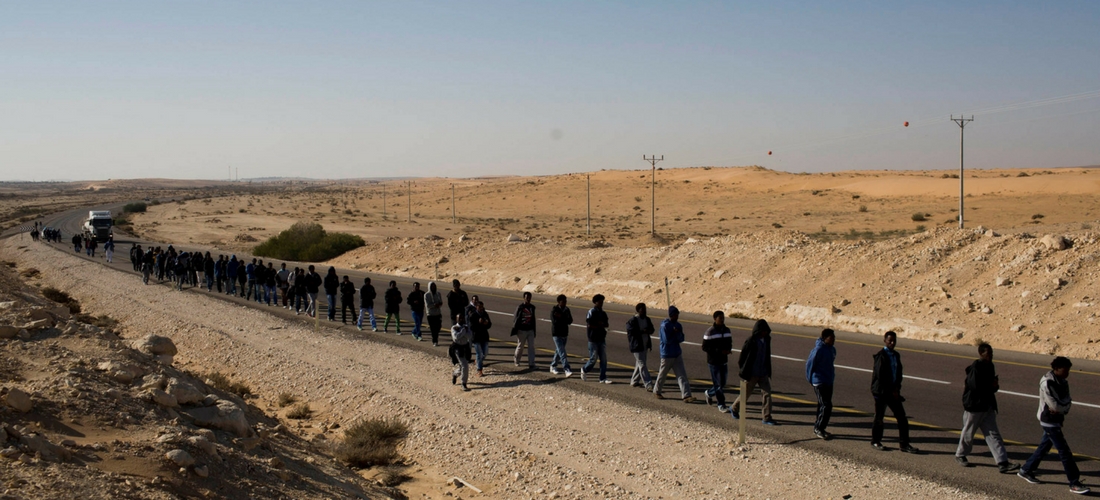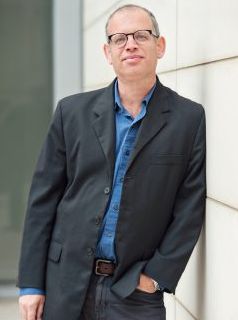As leaders of centers, institutes, and programs at the University of Connecticut dedicated to advancing critical understanding of social justice and human rights, we are fully committed to the aim, outlined in the university’s mission, of helping students grow intellectually and become contributing members of society. We pursue this work with full consciousness that many of our programs were created in the wake of social justice movements that sought recognition not only of the rights of marginalized peoples, but also of the obligation on the part of higher education to embrace diversity, cultivate civic responsibility, and promote equity and justice. Our centers, institutes, and programs support research and teaching in fields of knowledge that would not exist but for hard won protections of First Amendment values and academic freedom, and we strive to create robust, rigorous, and responsible intellectual communities among faculty and students of different backgrounds, opinions, and orientations. Critical and productive scholarly inquiry requires environments that foster diverse viewpoints and free and responsible exchange, even – and especially – when those contributions challenge orthodox thinking, wherever on the political spectrum it may be situated.
The invitation to author and media personality Ben Shapiro has provided us an opportunity to reflect on these histories and current objectives of our centers, institutes, and programs, and to reaffirm our essential roles in promoting the university’s core mission of enhancing the social, economic, and cultural well-being of our students and the wider community. We reject the claims of Mr. Shapiro, and those of like-minded individuals and organizations, that our programs are illegitimate or unnecessary university endeavors, and that challenging systemic oppression and seeking more just societies constitutes “brainwashing.” Freedom of expression and academic freedom are essential to promoting diversity of thought and opinion of all members of the community and enable us to engage productively in the pursuit of knowledge and understanding. Broad participation in these pursuits, however, requires not only speaking but also listening – not only “free speech” but also responsible efforts to understand the speech of others. We urge all members of the community to demonstrate our commitment to these values both in this week and beyond.
The following links showcase our centers, institutes, and programs, and indicate some of the ways in which we are working to promote – through efforts such as the Initiative on Campus Dialogues (https://humilityandconviction.uconn.edu/initiative-on-campus-dialogues/) and the metanoia Together: Confronting Racism (https://together.uconn.edu/) – open and mutually respectful exchange on the burning issues of today. Only through such sustained, painstaking, at times uncomfortable work can we hope to advance our collective understanding of ourselves, each other, and the world around us.
Africana Studies Institute https://africana.uconn.edu/
American Studies Program https://americanstudies.uconn.edu/about/
Asian and Asian American Studies Institute https://asianamerican.uconn.edu/profile/mission_statement/
Center for Judaic Studies and Contemporary Jewish Life https://judaicstudies.uconn.edu/about/
El Instituto: Institute of Latina/o, Caribbean, and Latin American Studies https://elin.uconn.edu/
Humanities Institute https://humanities.uconn.edu/
Human Rights Institute https://humanrights.uconn.edu/our-mission-history/
Thomas J. Dodd Research Center https://thedoddcenter.uconn.edu/about/history/
Women’s, Gender, and Sexuality Studies Program https://wgss.uconn.edu/our-mission/
Sebastian Wogenstein, Interim Director, Center for Judaic Studies and Contemporary Jewish Life
Samuel Martinez, Interim Director, El Instituto: Institute of Latina/o, Caribbean and Latin American Studies
Glenn Mitoma, Director, Thomas J. Dodd Research Center
Melina Pappademos, Interim Director, Africana Studies Institute
Michael P. Lynch, Director, Humanities Institute
Alexis L. Boylan, Associate Director, Humanities Institute
Cathy J. Schlund-Vials, Director, Asian and Asian American Studies Institute
Kathryn Libal, Director, Human Rights Institute
Molly Land, Associate Director, Human Rights Institute
Micki McElya, Director, Women’s, Gender & Sexuality Studies Program
Christopher R. Vials, Director, American Studies Program
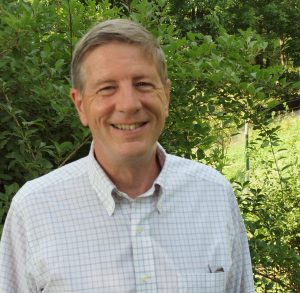
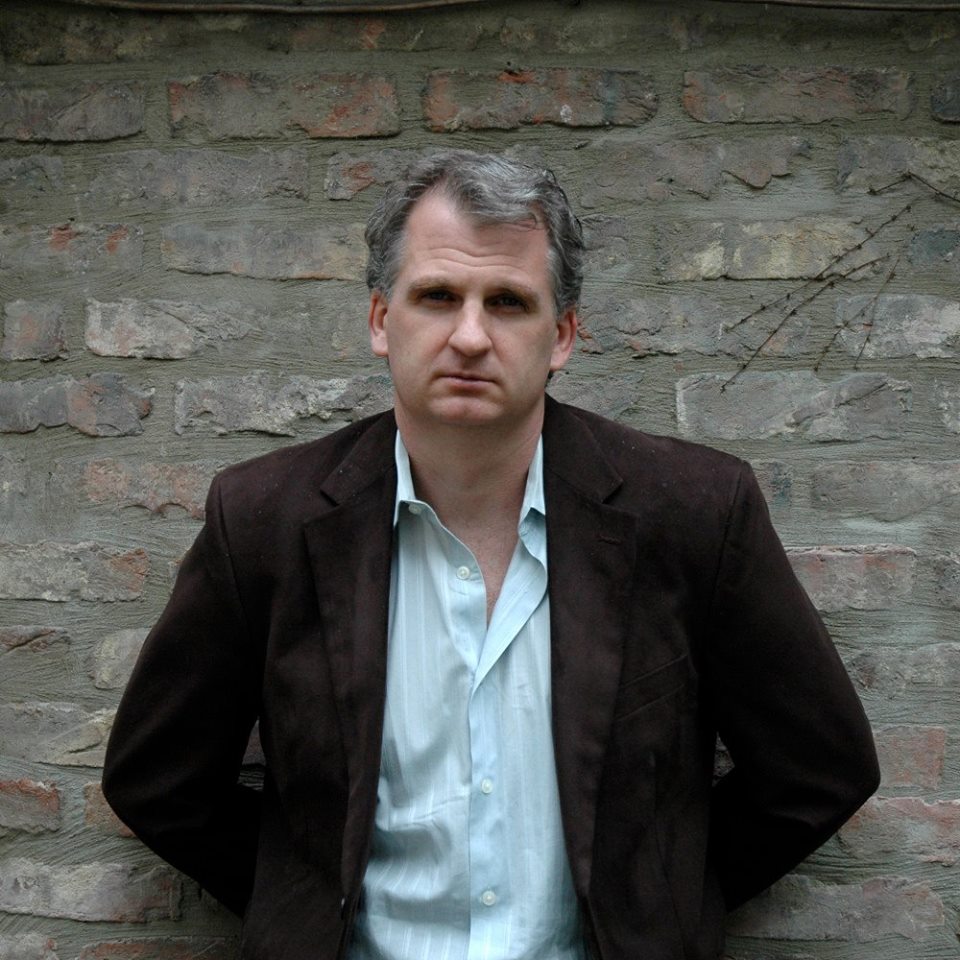
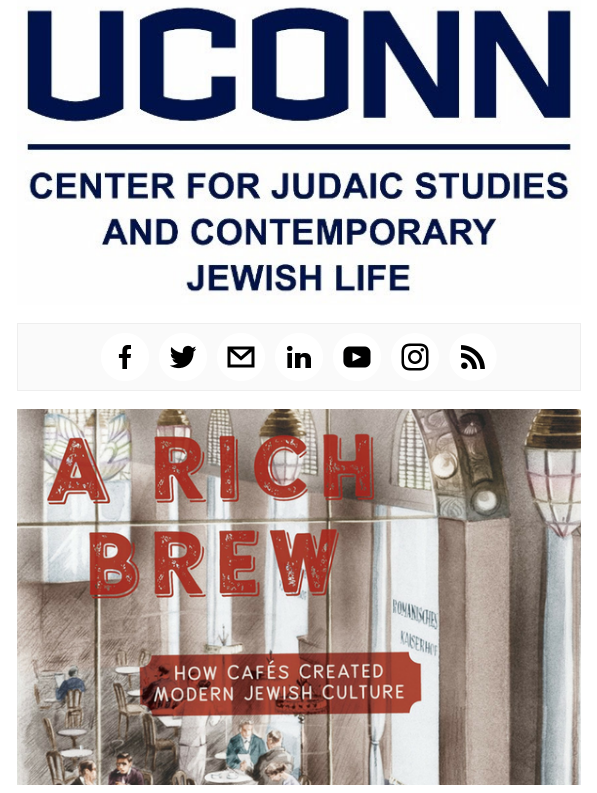
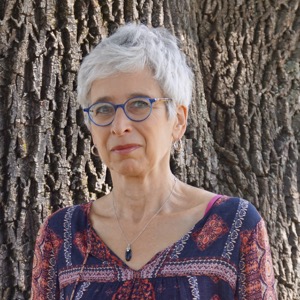 Professor Susan Einbinder (Literatures, Cultures and Languages / Hebrew and Judaic Studies) will be Hirschfeld Visiting Professor at Brown University during the spring semester 2019 and Visiting Professor at the Hebrew University in Jerusalem, Israel, during the fall semester 2019. Professor Einbinder will also be a visiting scholar at Haifa University's Center for Mediterranean History for a month in the winter 2018/19.
Professor Susan Einbinder (Literatures, Cultures and Languages / Hebrew and Judaic Studies) will be Hirschfeld Visiting Professor at Brown University during the spring semester 2019 and Visiting Professor at the Hebrew University in Jerusalem, Israel, during the fall semester 2019. Professor Einbinder will also be a visiting scholar at Haifa University's Center for Mediterranean History for a month in the winter 2018/19. 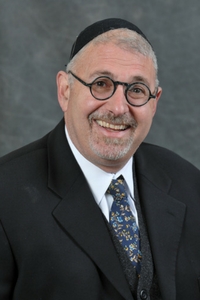 On March 5 at 12:30 pm, Professor Pinchas Giller will present "The Changing Face of Kabbalah Research" for the Center for Judaic Studies Faculty Colloquium series. The talk will be held in the Heritage Room on the fourth floor of Babbidge Library.
On March 5 at 12:30 pm, Professor Pinchas Giller will present "The Changing Face of Kabbalah Research" for the Center for Judaic Studies Faculty Colloquium series. The talk will be held in the Heritage Room on the fourth floor of Babbidge Library.